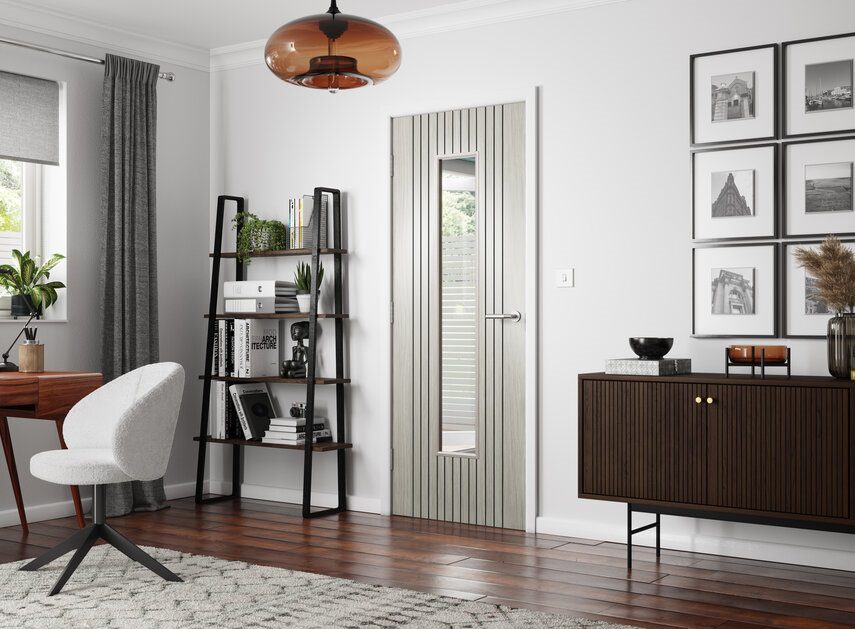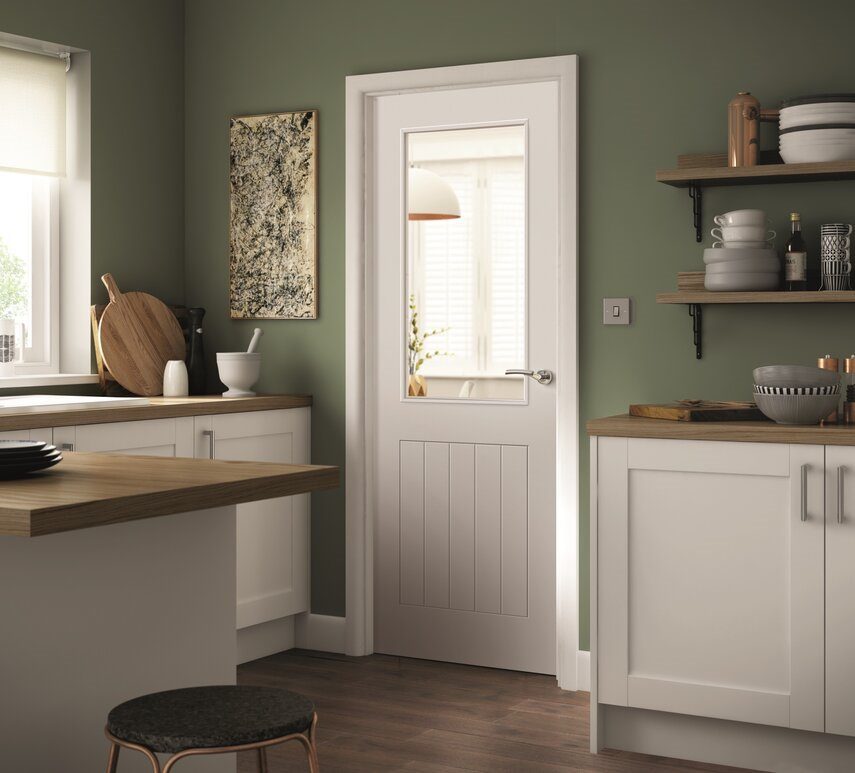How Much Value Does an Extension Add to Your Home?
Home extensions are a great way for homeowners to maximise their living space without having to go through the disruption of moving. Whether it’s extending the kitchen, creating an open-plan living/dining room or increasing the number of bedrooms, extensions are a practical solution for growing families and evolving lifestyles. But as well as enhancing daily routines, homeowners may be wondering how much value an extension could actually add to their property.
In this blog, we’ll explore the various factors that can impact the value added by extensions, including the type of extension you go for as well as the location of your home. We’ll help you to understand the potential return on investment that you can expect, so you can ensure your home improvement project pays off in the long run.
How much value will an extension add?
The amount of value that an extension will add to your property will depend on a variety off factors, including the size of the extension, the extension type and the location of the property.
However, in the UK, an average 3-bedroom house with an extension that offers an additional bedroom with an en suite could see the property value increase by up to 10-12%.
Adding bedrooms and bathrooms will typically see the most value added, so it’s important to research what might be most in demand in your area and weighing that up against your own lifestyle needs. You could speak to a local estate agent to get their advice and insights on the local property market.

What affects how much value an extension will add?
When considering how much value an extension could add to your home, it’s important to consider the following factors.
Type of extension
The type of extension you choose will significantly impact how much value it adds. A single-storey extension will create extra living space without the cost and complexity of adding a second level, whereas a double-storey extension offers greater potential by increasing space on both the upper and ground floor.
Loft conversions and garage conversions are also popular options and often a cost-effective way of adding value to your home by repurposing existing, underutilised space.
Location and property market trends
Where your home is located will have a heavy influence on how much value an extension will add. In areas where property is in high demand, such as cities or popular suburbs, a well-designed extension will often add considerable value. On the other hand, in regions where the property market is slower, the increase in value may be more modest.
Local property trends, such as what buyers are looking for in their homes, the types of homes already available, and the types of homes most in demand, will also play a role in the added value. A property that can meet market demand will yield better results. You can research the local property market and consult with local experts to establish the most effective way to extend your home in line with local demand.
Quality of construction and finishes
The value of your extension won’t just be about the size – it will also be determined by the quality of the build. Extensions that are well-designed, professionally built and finished to a high standard will attract higher offers from potential buyers.
Everything from the internal doors to the light fixtures should be carefully considered. Aim to use high quality materials, energy-efficient features and modern finishes to enhance the extension’s appeal and boost its value. A poorly executed extension could detract from your home’s value or create issues that need rectifying, amounting to a poor return on investment.
Size and use of the extension
A larger extension will typically add more value, but only if the added space is practical and usable. The extension should improve the overall flow and functionality of the home, as this will be much more appealing to potential buyers.
For example, a kitchen or dining room extension tend to deliver strong returns, as these are highly desirable spaces in modern homes. Extra bedrooms, especially those with an en suite, can also be more attractive to buyers.
You should plan your extension carefully to avoid adding a poorly designed space that doesn’t have a clear purpose. The extension should seamlessly integrate with the rest of the house and enhance the residents’ day-to-day life.

What can I expect for my return on investment?
If you’re planning an extension, it’s vital that you understand the potential return on investment (ROI). While extensions can add significant value to your home, the amount can vary.
How much value will different types of extension add?
As discussed, the type of extension you choose will have a major impact on the value it adds to your property.
A kitchen or open-plan kitchen/diner/living space will often see a high return, adding up to 15-20% to the value of your home. Loft conversions also see a strong return, particularly when they add an additional bedroom, often boosting the home’s value by 15%.
Single-storey extensions, such as enlarging the kitchen or living room, can boost the value by around 5-10%. Less complex extensions, such as a conservatory, will often add the least value, usually around 5% depending on the size.
What impact does the location of my property have on the value added?
Property values and extension returns can vary significantly based on location. In high-demand areas, such as London or other sought-after urban areas, extensions can add more value, sometimes exceeding national averages. In less competitive markets, particularly in rural or lower-demand regions, the value added by an extension may be much lower.
It’s essential to consider regional property trends when estimating your extension’s ROI, as homes in high-demand areas will typically yield a greater financial return on investment. Of course, the location of your home will often affect the cost of the project, with labour costs and other expenses often being higher in urban areas compared to rural locations. So, the ROI could still be comparable.
Calculating potential returns vs project costs
To determine whether an extension is worth the investment, it’s important to balance the potential value added with the cost of the project. Extensions can be expensive, with costs ranging from £25,000 for a small single-storey addition to well over £60,000 and up to £100,000 for larger or double-storey projects.
Before starting, compare the likely increase in your home’s value with the estimated cost to ensure the extension makes financial sense. Consulting local estate agents or property experts can help you gauge the potential increase in value and ensure you’re not overreaching or over-committing.
JB Kind has a huge range of interior doors in a variety of styles, perfect for your home extension. Download our brochure or contact us to find out more.

